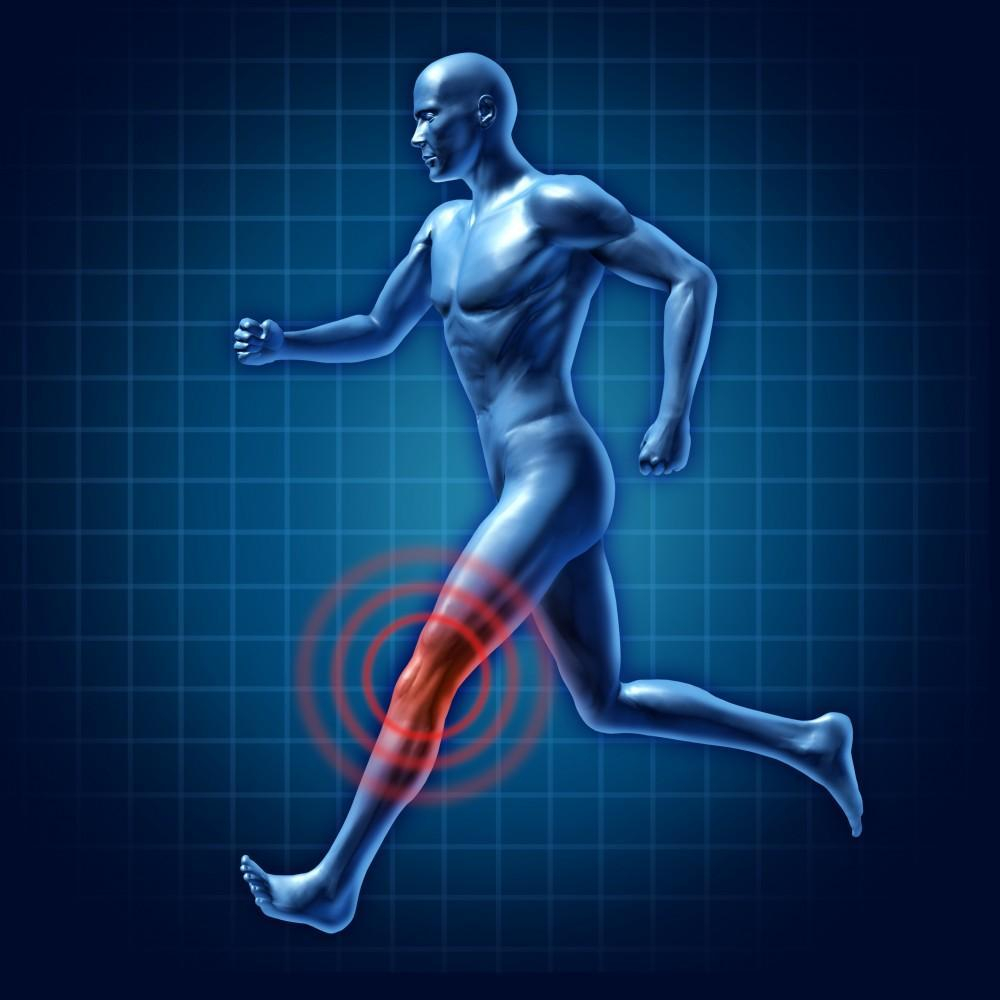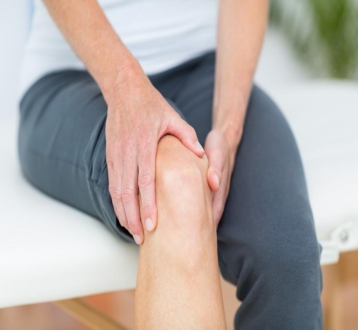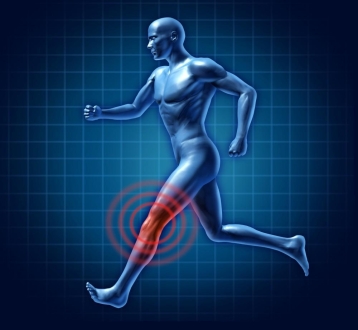
If you’ve injured your ACL, you may be worried that you need surgery. The good news is that not all ACL injuries require surgery. It helps to know what’s really going on inside your knee.
The anterior cruciate ligament (or ACL) is a primary ligament in the knee joint. It’s part of the group of ligaments that connects your thigh bone (femur) to your shin bone (tibia). A healthy ACL is critical for normal movement of the knee joint.
How do you know if you’ve injured your ACL? Common symptoms of an injured ACL include:
- Popping noise at time of injury
- Swelling in the knee
- Warmth and redness around the knee
- Buckling of the knee
- Difficulty walking, running and exercising
- Pain in and around the knee
Types of ACL injuries
ACL injuries can either be complete or partial. While complete ACL tears almost always require surgery, partial ACL tears may be treated effectively with nonsurgical methods.
ACL tears are graded by severity and are called sprains (a sprain is a stretch or tear in a ligament). A grade 1 ACL sprain occurs when your ACL is overstretched, but not torn. If your knee is still stable, you likely have a grade 1 injury and may not need surgery.
A grade 2 ACL sprain is a partial tear. If you have a grade two sprain, your ligament is damaged and you’ll likely experiences some instability. Partial, or grade 2, ACL tears are actually the least common of the three types of ACL tears.
A grade 3 ACL sprain is a complete tear. A complete ACL tear is extremely damaging to the knee and almost always requires surgery, plus a long recovery period. If you’ve suffered a grade 3 ACL sprain, you likely experienced severe pain and instability in the knee.
ACL injury treatment options
The first line of treatment for an ACL injury immediately after the injury occurs should include rest, ice, compression, and elevation. Dr. Drew determines the need for surgery based on the level of instability in your knee. If your knee is unstable, surgery is usually recommended. If your knee is stable, nonsurgical options may suffice.
Other determining factors include:
Return to activities: If you must return to sports or other activities that require pivoting or sharp movements, ACL reconstruction surgery is usually recommended. If you don’t need to return to such movements, the joint can often be stabilized and strengthened with proper physical therapy.
Pain: Your pain level is a key determinant in whether or not surgery is needed. ACL tears, even at grade 2, may warrant surgery if pain is severe.
Lifestyle: If you have a partial tear and lead a relatively sedentary lifestyle, you may not need surgical reconstruction.
Growth plates: If your growth plates are still open (only applicable to children), surgery may not be required for a partial tear.
Managing your ACL tear
If you suffer an ACL injury, it’s important to seek medical care immediately regardless of the grade of your sprain. Dr. Drew will evaluate your injury and provide you with the best course of treatment.
If you think you’ve injured your ACL, call our office right away for an appointment.










